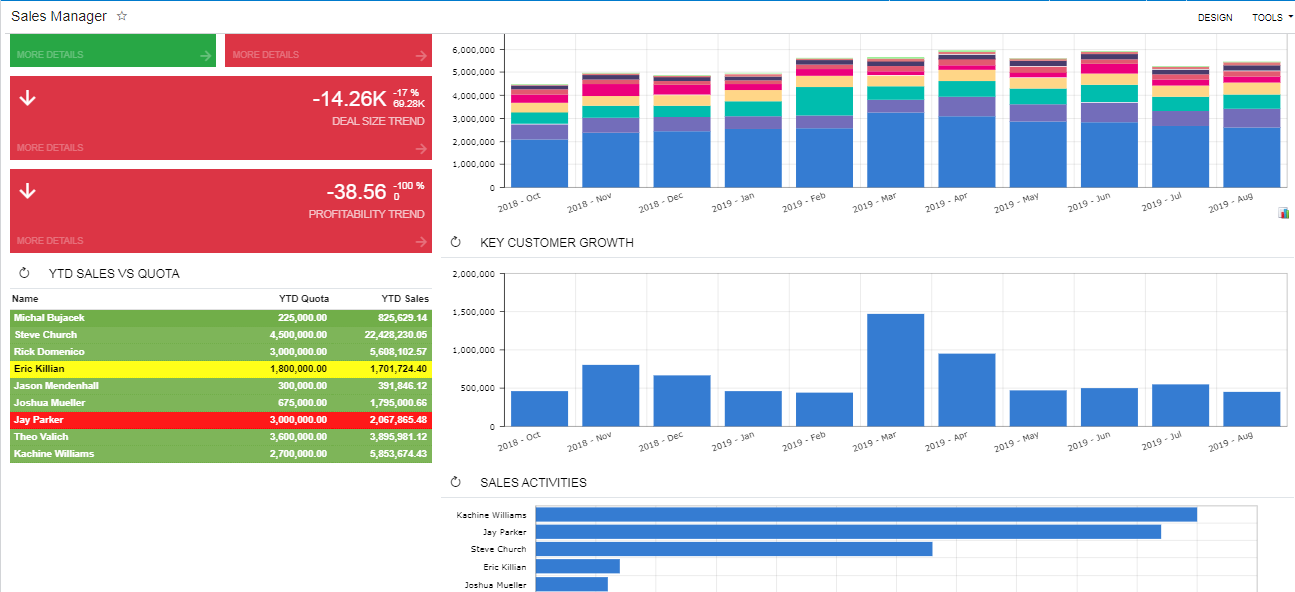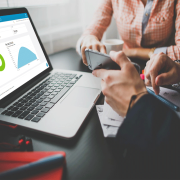ERP is important in succession planning, read on to learn why. I’ve been speaking with several different companies lately, who are either not currently using an ERP system, or have an ERP system they bought in the 80’s or 90’s. In each of these cases the owners of the businesses are looking sell their business or transfer ownership to family or employees. One of these businesses is concerned with leaving their family with a manual system, while the others have systems that are no longer supported by their software provider.
When faced with this situation, it is important to realize, that eventually every business owner needs to consider a succession plan. According to Ann M. Mulcahy, former CEO of Xerox, “One of the things we often miss in succession planning is it should be gradual and thoughtful, with lots of sharing of information and knowledge and perspective, so that it’s almost a non-event when it happens.” An ERP system might not be the first thing you think of when considering your succession plan, but this process involves evaluating the business and its processes. A modern ERP will give you the tools you need to bring value and insight to your business.
When evaluating your company, buyers will be looking for information like efficiency of processes, data access, reporting capabilities, compliance, and supply chain visibility. All these capabilities will be available in a modern, ERP system, and this will give a potential buyer confidence that they have accurate information including the actual value of your company.
Improved Processes and Data Access
Once you have made the choice to invest in a modern ERP, it is important to assess the entire development chain and determine what processes need to remain in place and which can be changed or eliminated in the interest of efficiency. With a good visual across departments, it will be much easier to look at your processes and determine where bottlenecks exist. You will be able to compare actual against plan and if there is a great or unexplainable deviation, you can go back and determine the root cause of the issue.
The best part of a modern ERP is that everyone – Sales, Inventory, Accounting, etc. – has access to the same information, eliminating “silos of information” or the need to interface with multiple software systems. We know that information and rapid response is critical to a successful business, and now your business will have open communication amongst departments, vendors and customers, offering accurate information in real-time.
Efficiency
Over the years, technology has changed drastically, and this influences what everyone, including employees, vendors, and customers, expect from us. Modern ERP is easy to learn and use and offers modern day technology like access from any device using a web browser, multiple languages and currency, automation of business processes, approvals and notifications, a single database, and excellent reporting capabilities.

Compliance
More and more industries today are subject to compliance standards, and everyone from food companies to airline manufacturers must adhere to the laws, policies and regulations that come with these standards. A modern ERP offers a superior level of serial lot traceability that is easily accessible in the event of a recall or to help prevent a recall. Checks and balances can be in place for your quality system, so you know what products have used the materials, what machine was used, who worked on it, and which companies purchased these products. Additionally, a modern ERP system can provide you with document control ensuring that you’re using the correct level of documentation.
Better Reporting
Today, it’s not just about your financial statement. All departments in the organization can look at information that is important in their day to day operations and see at a glance how work is progressing or where issues exist. All data is available in real-time and to all interested parties. Reports can be generated for key staff member or can be exported to Excel files. In addition, visual dashboards can be created to give you a quick view of workflow, with good views of essential KPI’s (key performance indicators).

Supply Chain Visibility
Every business is looking for ways to work smarter, and a modern ERP solution allows you to do just that. Modern ERP will help you improve customer satisfaction while minimizing costs, by giving you real-time visibility of available inventory, inventory in transit, reorder quantities, and inventory costs, maintaining optimal inventory levels, increasing inventory turns, thus improving your cash flow. You will be able to reduce order times, by eliminating delays through automated sales order processing and order generation, and lastly, you’ll know where your business is by ensuring a steady supply of materials and automating the purchase process while keeping track of actual costs.
If you’re looking to transition out of your business, you need to look at a modern, ERP system as an investment not as an expenditure. A modern ERP system brings value to your business because it gives you information and transparency. It opens lines of communication amongst departments and positions your company for growth. Choosing to invest in modern ERP will make all the difference in your legacy and will give your buyer knowledge and perspective about the financial future of your business.
Over the years, we have helped many companies implement ERP. Let Parallel Solutions show you how ERP can help you with your succession plan and bring value to your business. Call us now at 440-498-9920 or contact us.




